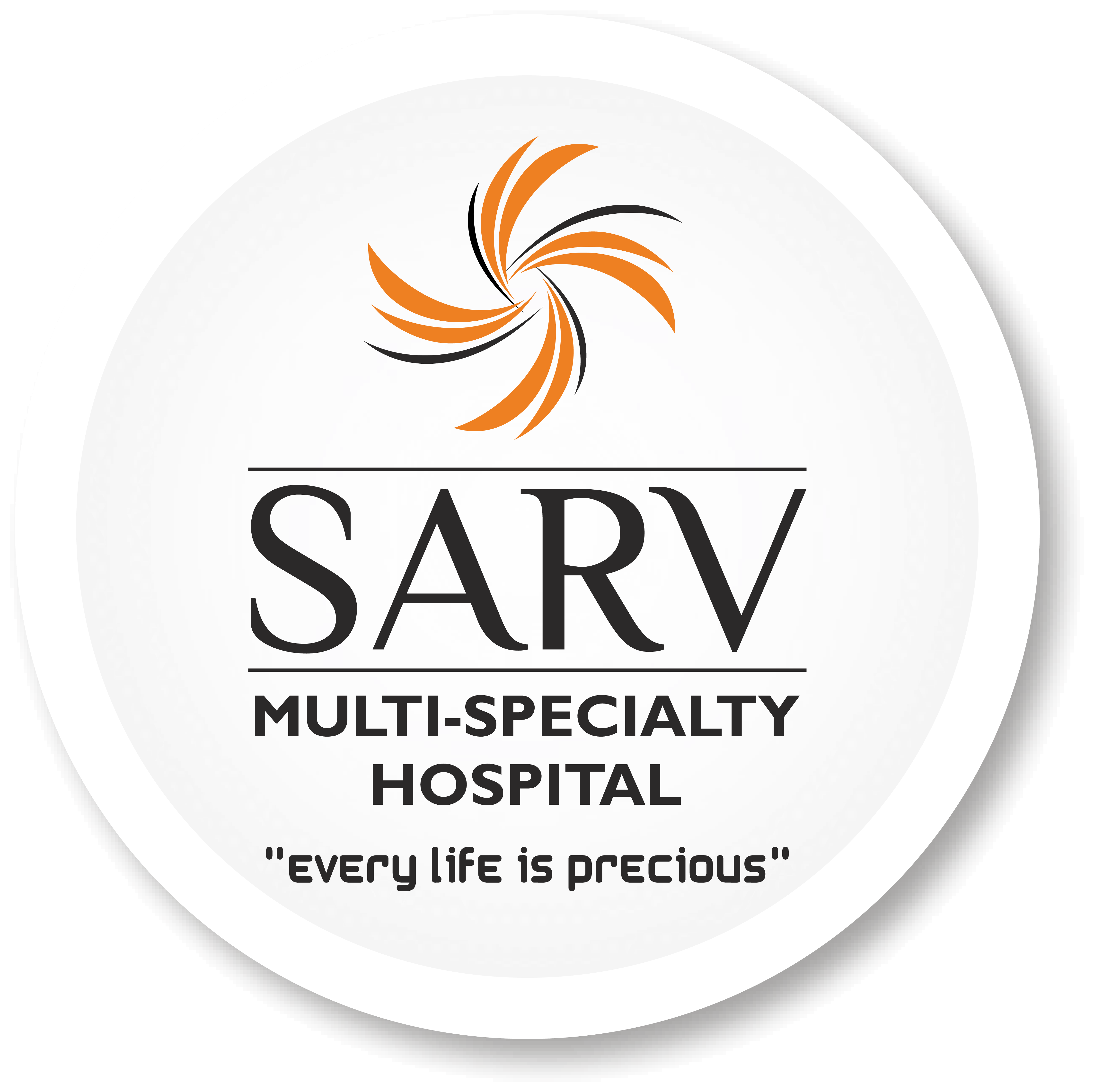Enhancing Quality of Life for Patients with Serious Illnesses
Palliative care is a specialized approach to healthcare that focuses on improving the quality of life for patients with serious illnesses. It aims to provide comprehensive support, including pain and symptom management, emotional and psychosocial support, and coordination of care.
In palliative care, the focus is on enhancing comfort and well-being rather than curing the underlying disease. It is provided alongside curative treatments and can be initiated at any stage of the illness, regardless of the prognosis.
The key components of palliative care include:
- Pain and Symptom Management : Palliative care teams work closely with patients to alleviate physical symptoms such as pain, nausea, fatigue, and shortness of breath. This involves a personalized approach to medication management and other interventions.
- Emotional and Psychosocial Support : Palliative care addresses the emotional, psychological, and spiritual needs of patients and their families. This may involve counseling, support groups, and assistance with decision-making and advance care planning.
- Communication and Care Coordination : Palliative care teams facilitate open and honest communication between patients, families, and healthcare providers. They help navigate complex medical decisions, coordinate care among different specialists, and ensure continuity of care.
- Collaborative Care : Palliative care teams collaborate with other healthcare professionals, including primary care physicians, specialists, nurses, and social workers, to provide comprehensive and coordinated care. This ensures that all aspects of a patient's well-being are addressed.
Palliative care can be provided in various settings, including hospitals, nursing homes, and outpatient clinics. It is a vital component of the healthcare system, offering support and comfort to patients and their families facing serious illnesses.
At Sarv Multispeciality Hospital, our palliative care program is committed to delivering compassionate and personalized care to enhance the quality of life for patients and their families during challenging times.

Palliative Care Services for Enhanced Quality of Life
Palliative care is a specialized medical approach aimed at providing comprehensive support and improving the quality of life for patients facing serious illnesses. At Sarv Multispeciality Hospital, our palliative care team is dedicated to addressing the physical, emotional, and spiritual needs of patients and their families. We offer a range of services and adopt a holistic approach to ensure the best possible care and support.

Symptom Management
Emotional and Psychological Support
Care Coordination
Advance Care Planning
Through our comprehensive range of services and patient-centered approach, we strive to optimize the well-being and overall quality of life for patients facing serious illnesses. Our goal is to provide compassionate care, alleviate suffering, and support patients and their families throughout their healthcare journey.
Benefits of Palliative Care: Enhancing Quality of Life and Well-being
Palliative care is a specialized approach to healthcare that focuses on improving the quality of life for individuals facing serious illness. It provides comprehensive support to patients, addressing their physical, emotional, and spiritual needs, as well as offering assistance to their families.
Here are some key benefits of palliative care:
- Pain and symptom management : Palliative care aims to alleviate physical distress and manage symptoms such as pain, nausea, fatigue, and shortness of breath. The goal is to enhance comfort and promote a better quality of life.
- Emotional and psychological support : Palliative care recognizes the emotional and psychological impact of serious illness. It provides counseling, support groups, and other interventions to address anxiety, depression, fear, and other emotional challenges.
- Improved communication and decision-making : Palliative care facilitates open and honest communication between patients, families, and healthcare providers. It helps individuals make informed decisions about their care, including discussions about treatment options, advance care planning, and end-of-life preferences.
- Coordination of care : Palliative care teams work collaboratively with other healthcare providers to ensure seamless coordination of medical services. They help patients navigate complex treatment plans, coordinate multiple healthcare providers, and facilitate transitions between different care settings.
- Continuity of care: Palliative care provides ongoing support throughout the illness trajectory, including during hospitalization, in outpatient settings, or at home. It offers consistent follow-up and monitoring to ensure that patients' needs are met over time.

Overall, palliative care focuses on improving the quality of life for patients and their families, promoting comfort, dignity, and well-being. It is not limited to end-of-life care but can be provided alongside curative or life-prolonging treatments.
Specialist Doctor
Dr. Jayesh Jamnani
Palliative Care
Prompt Care and Support
24 Hour
Emergency
Assistance
Receive prompt care and support with our 24-hour emergency assistance, ensuring your well-being in critical situations.


